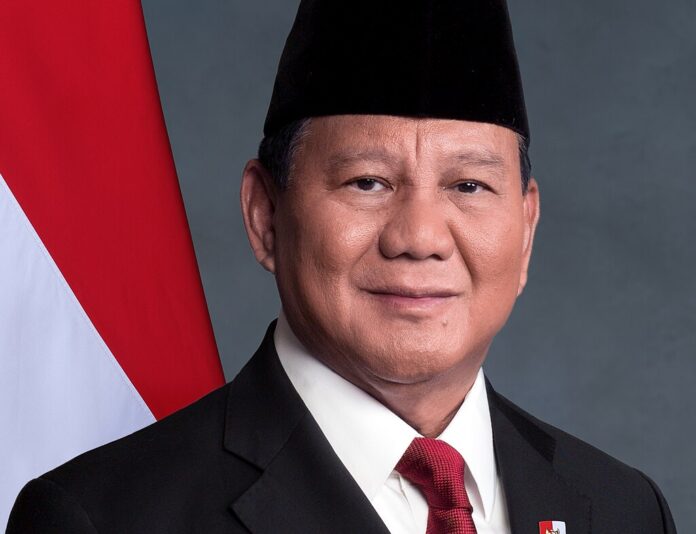Indonesia’s ties with Russia run deep, but analysts argue its global ambitions don’t threaten the West
In the heart of Jakarta, a towering statue of waving figures greets passers-by — the city’s Welcome Monument, built in the early 1960s, was inspired by Soviet art. It’s a subtle symbol of a decades-old relationship that still resonates: Indonesia and Russia.
This unusual bilateral friendship stirred headlines during the Australian federal election campaign after defence analysts reported that Russia had explored the possibility of stationing aircraft in Indonesia’s Papua province. That plan was quickly shut down by Indonesia’s defence minister, but it reignited a long-standing question: what do Indonesia’s warm ties with Russia really mean?
Experts say the answer is less dramatic than it seems.
“Russia has shown interest in Indonesia for years,” said Professor Leszek Buszynski from the Australian National University. “They see it as a key non-aligned partner in the region.”
That interest has taken many forms: arms deals, military training, and cultural diplomacy. But it also finds expression in politics. Indonesia’s Culture Minister, Fadli Zon, is an unabashed Russophile with a degree in Russian literature and a long-standing admiration for Vladimir Putin. Back in 2019, he even declared that Indonesia needed a strongman like Putin to lead it forward.
Zon’s boss, President Prabowo Subianto, has also embraced deeper engagement with Moscow — but experts caution against reading that as ideological alignment. Instead, it’s part of Prabowo’s broader ambition: raising Indonesia’s diplomatic game on the global stage.
That ambition was underscored in January when Indonesia joined the BRICS bloc, a group that includes Russia, China, and India. It became the first Southeast Asian nation to join, drawing both curiosity and caution from Western observers.
Embed from Getty ImagesBut Susannah Patton of the Lowy Institute sees the move differently. “BRICS isn’t anti-Western,” she told ABC Radio. “Indonesia’s decision to join reflects its desire to be heard, not to pick sides.”
Indeed, Indonesia’s foreign policy tradition has long been one of “non-alignment.” It’s a legacy dating back to founding president Sukarno, who famously forged ties with the Soviet Union during the Cold War while keeping Western allies at bay. After Sukarno’s fall and the anti-communist purge of the mid-1960s, relations with Russia soured under General Suharto’s pro-Western regime. But after Suharto’s fall in the late 1990s, the relationship warmed again.
Today, those ties are as pragmatic as they are symbolic. Despite Western sanctions, Indonesia continues to buy Russian arms and fuel. A 2023 Pew poll showed that while 70% of Australians viewed Russia very unfavourably, only 6% of Indonesians felt the same. This doesn’t mean widespread support for the Kremlin — rather, it reflects a different geopolitical perspective from the Global South.
In November 2024, the countries held their first joint naval exercise, with Russian officers welcomed with traditional Indonesian dance. It was a cultural flourish in a relationship defined more by realpolitik than ideology.
And while Prabowo has shaken hands with Putin, he’s also smiled for the cameras with Joe Biden and Chinese leaders. His goal, analysts say, is to strengthen Indonesia’s voice by keeping all doors open.
“A strong, non-aligned Indonesia — one that’s confident and not easily swayed — is in everyone’s interest,” said Professor Buszynski.
For Jakarta, it’s not about choosing Moscow over Washington or Beijing. It’s about choosing Indonesia first.
